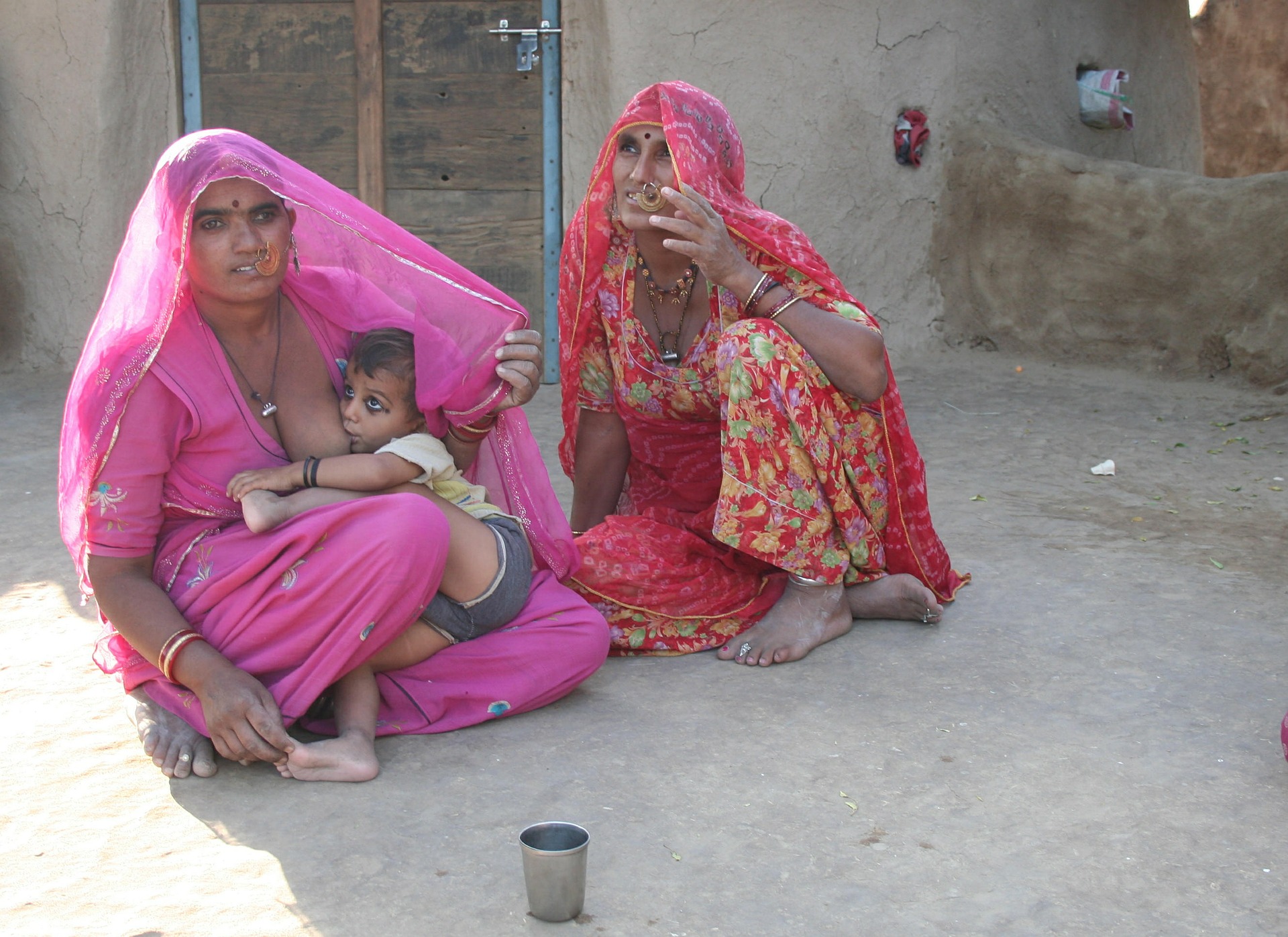A genetic study, published in the journal Nature Communications, has revealed that Polygenic Risk Score (PRS) can also assess breast cancer risks in Asian women.
PRS is a genetic tool which has been developed to help assess breast cancer risk in European women. PRS divides people into different risk groups based on their genetic sequence to predict their future risk of developing breast cancer.
Malaysian scientists in collaboration with Singapore and the University of Cambridge have now revealed that this tool also works in Asian women. This could help address the rising incidence of breast cancer in Asia.
The results can empower women to decide which screening and prevention is right for them, and help reduce inefficiency, unnecessary cost, and even possible harm caused by over-diagnosis.
This is the first large study of the PRS in an Asian population. Previously, Asian studies were nearly six times smaller than studies in European women, and due to lack of data in Asians it was unclear if PRSs are effective in predicting breast cancer risk in non-European women.
The results suggest that only 30% of Malaysian and Singaporean women have a predicted risk similar to that of European women, and that using the PRS accurately identifies these high-risk women.
Malaysian scientists evaluated the PRS in 45,212 Asian women, from Singapore, Malaysia, Japan, Korea, China, Hong Kong, Thailand, Taiwan, U.S., and Canada. By bringing together patients from University Malaya, Subang Jaya Medical Center, National University Hospital, Singapore, and six other major treatment centers in Singapore, researchers got the sample size, large enough to be evaluated for assessing risks in Asian women.
Women are generally recommended to start screening at age 50. However, in most Asian countries, many women who could be at risk of breast cancer do not go for screening. This leads to late detection and a lower survival rate.
The study is a critical piece of the puzzle that will lead to better understanding breast cancer risks in different women around the world. There are differences in the genetic make-up of Asian women compared to women of European descent, which means their propensity to develop breast cancer may be different. Understanding this can lead to work out why some women are at higher risk of the disease.
There is an urgent need to develop an appropriate screening strategy for Asian women. Malaysia anticipates a 49% increase in breast cancer cases from 2012 to 2025. Malaysia has a much lower five-year survival rate compared to other Asian countries at only 63%, whereas South Korea is at 92% and Singapore is at 80%.











